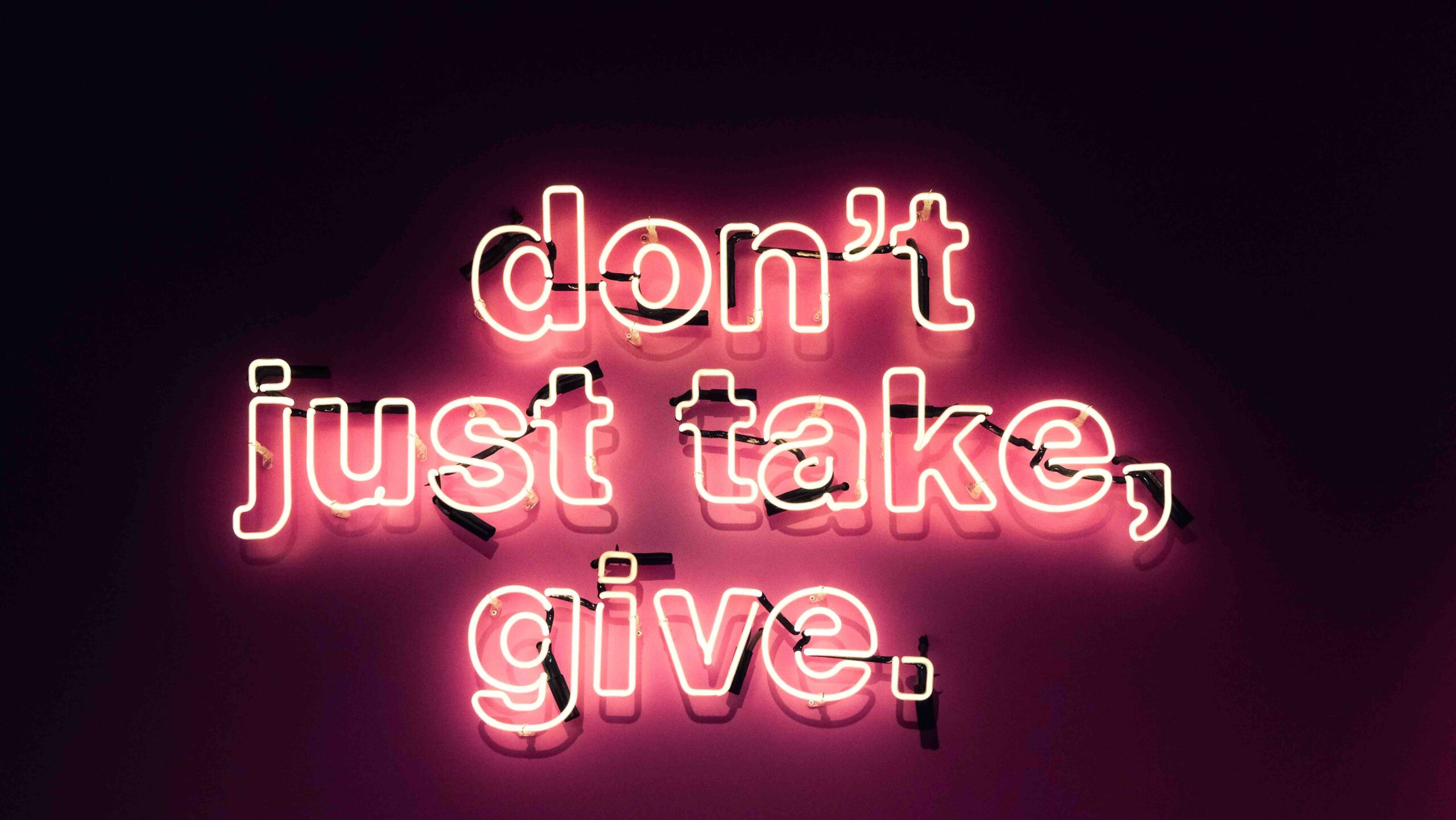I know when you find a character who really speaks to you, and that you really feel you can bring to life – it’s deeply personal, and all-consuming. It’s easy to get possessive of the path that character takes.
That’s the beauty of a pre-read – you have the freedom, in a pre-read, to direct the character however you want. It may be the same direction the creative team was already thinking – it may be totally different. The point of a pre-read is for us to get an idea how you understand the character, while at the same time, assessing your acting skills.
Your first audition for a role is your chance to explore, to really show your viewpoint of the world, your opinion of humanity, and your understanding of self. It’s your chance to be everything you want to be. Dare to be real, or dare to be fantastical. Take a chance.
After that, though, it’s a collaboration. If the team likes you, and likes you enough to listen to what you’re planning to do with this character – that’s fantastic. But keep in mind – this was their character first. They know it’s a collaboration too – otherwise the screenwriter would have just written a novel. Instead, they chose to make it a movie.
I used this analogy in another post – it’s as though the character is a child, a product of its creative parents, and the parents have come to you to be a nanny, or a tutor, or whatever care-taker archetype you prefer. And as that nanny, or tutor, or whatever care-taker archetype you are, you may find a child that is so special, you just want to spend all your time with it, shaping its mind and helping it grow so that it can go out into the real world.
BUT.
You can’t kidnap the child. It’s not yours, just because you like it.
Maybe the parents love what you’re doing with the kid, so they give you total freedom. Hey – Annie Sullivan was able to do whatever she wanted with Helen Keller. And if she hadn’t been given that freedom – maybe she wouldn’t have achieved what she did.
But most of the time – there’s a structure the creators want the child/character to fit in. You have to respect that, and figure out how to bring the most you can, within that frame. Can you, and should you, push the boundaries a bit? Of course. WITH THEIR PERMISSION.
Filmmaking is a collaborative process. It’s your responsibility, as an actor, to bring something to the table, to be thinking about this character with the care and attention only you know how to give. It’s also your responsibility, as a filmmaker, to be open to the collaborative process, and to be ready to compromise, in order to find the best future for the character.
Photo by Samuel Regan-Asante on Unsplash
